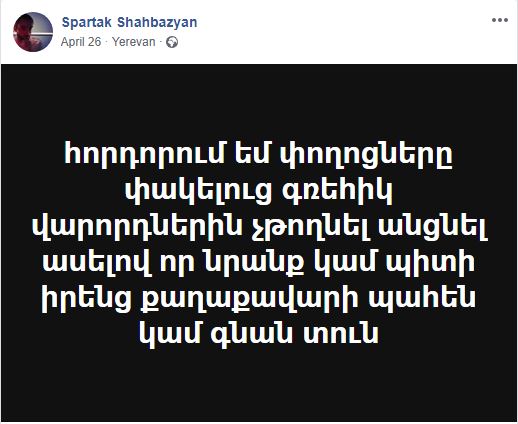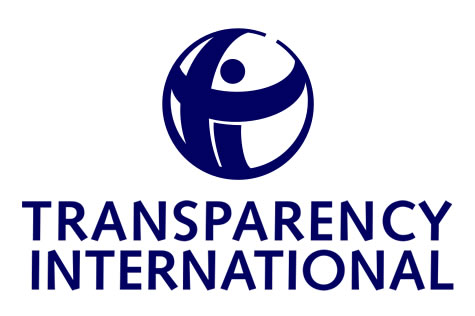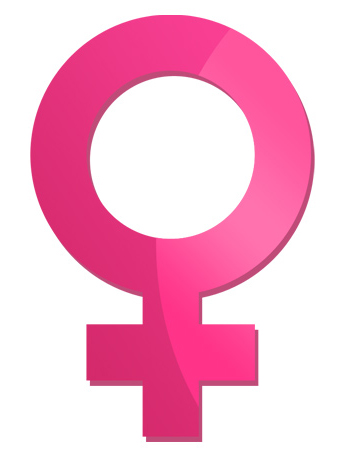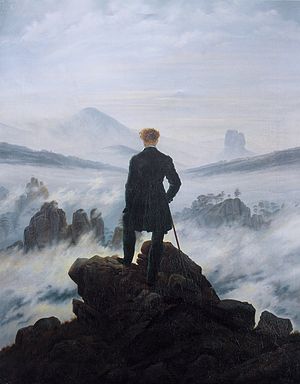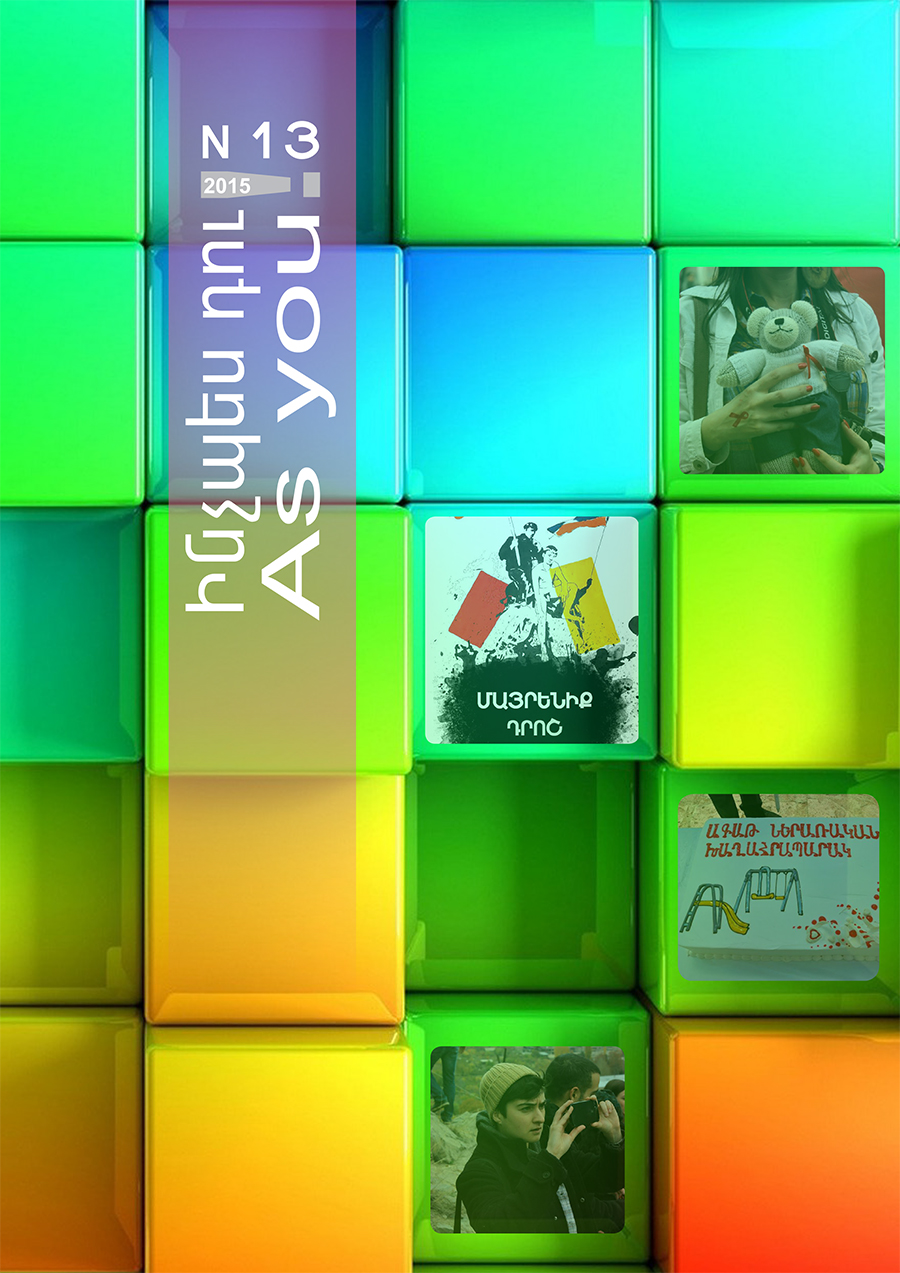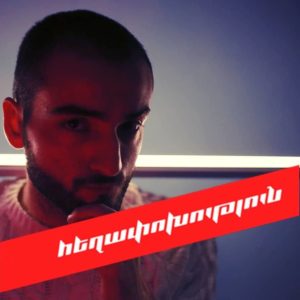
Spartak Shahbazyan was fighting in the crossroads. He was not letting the benches and garbage bins be taken off the street, then he was running to the other side of the crossroad and sitting in front of the cars. And he was reaching his goals as the streets were remaining crossed.
“When the car was driving on them, most people were jumping to the opposite side. But in the case of the people from our community, it was not like that. They jumped on the cars and did not let them drive. A couple of times, when people drove on me, I jumped on the hood and stopped them.”
The 20-year-old programmer joined the movement on April 16 as he was not in the country before that. He says he went out into the street as it was a desperate situation during the previous regime and a step was taken to address the problems that had been accumulated in him both as a citizen and as a gay man.
Spartak was always fighting with drivers
He remembers that when he was closing the street, he was sometimes so committed that other demonstrators would calm him down for a while and ask to go easy. “There was this driver of a truck who claimed he was transporting a product that was going to spoil if he stayed. He refused to open the truck to show us the product. I told him to show the product and if it is going to spoil we would let him go, but if we found out that it was a chair, it could wait an hour. He drove on me but I did not let him pass. Then other demonstrators took me away from the car because they did not want to deal with the driver as they felt he was aggressive.”
Spartak liked this form of movement as he felt that he had contributed to the success, and he added: “You were standing in the back during the Electric Yerevan and did not feel responsible for anything.” He also says that such a movement was particularly important for LGBT people, as: “The movement was about each individual. Each of us could go and shut down the street, it gave everyone strength and voice. All the layers of the society got up and each of them raised their problems. The LGBT community, as it has a lot of problems, has used this good platform for us to unite and raise our demands.”
During the protests he was managing to go live
He mentions that although his way of speaking could indicate that he is homosexual, and when they were in a group it was clear that they were LGBT people, nobody ever paid any attention to it because “they perceived LGBT community as part of them and as a part of the movement, and my only fear is that this atmosphere can stop in these calmer times, and people will forget that the LGBT community has been in the movement, and is there, and will always be.”
Spartak also noticed that the groups that talked against LGBT people were silent during demonstrations, and he was convinced that the former authorities were guiding those groups. “We raised the LGBT flag at the Embassy of Argentina and no one talked about it, but last year they came out to a demonstration in the case of Britain.”
He does not expect drastic changes from the new government, but he believes that if the government supports LGBT people, other forces cannot use them against the government. He says they tried to use the children who participated in demonstrations against the new government and it did not work. Tried to use the Karabakh issue and it did not work. And now a government has been formed, he says, who are for inclusion, equality, and tolerance. “LGBT people have risen their voice, expressed their will and gave it to the government and now they have to defend our interests.”
Hovhannes Ishkhanyan

